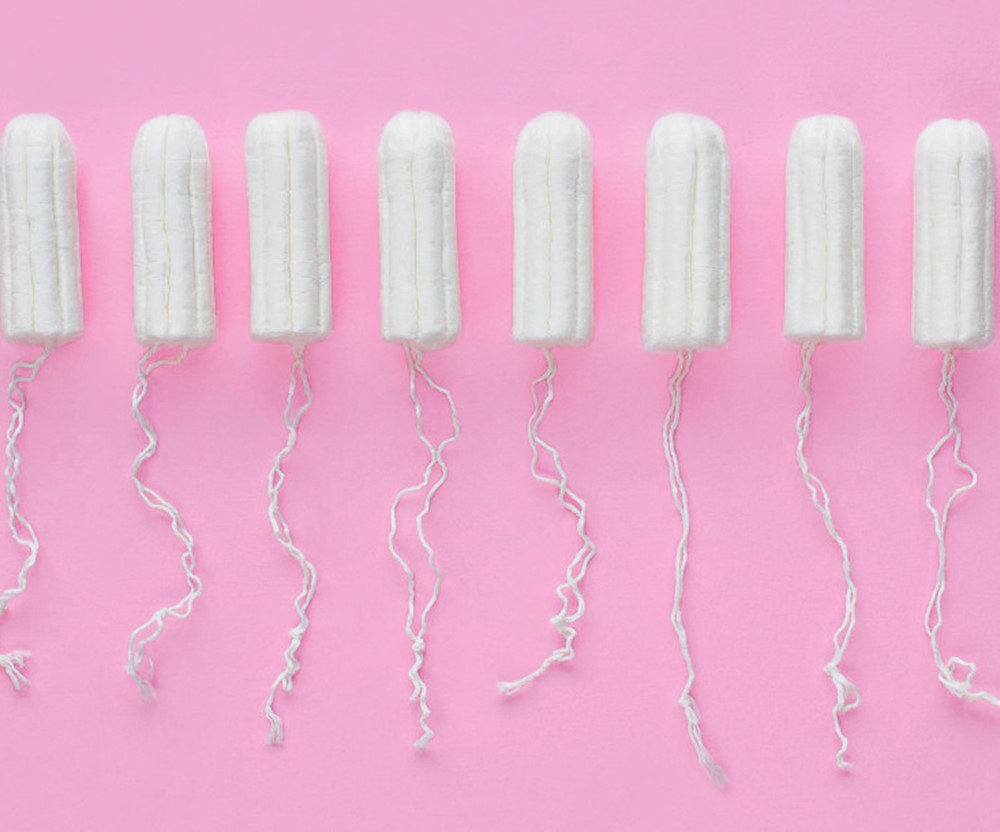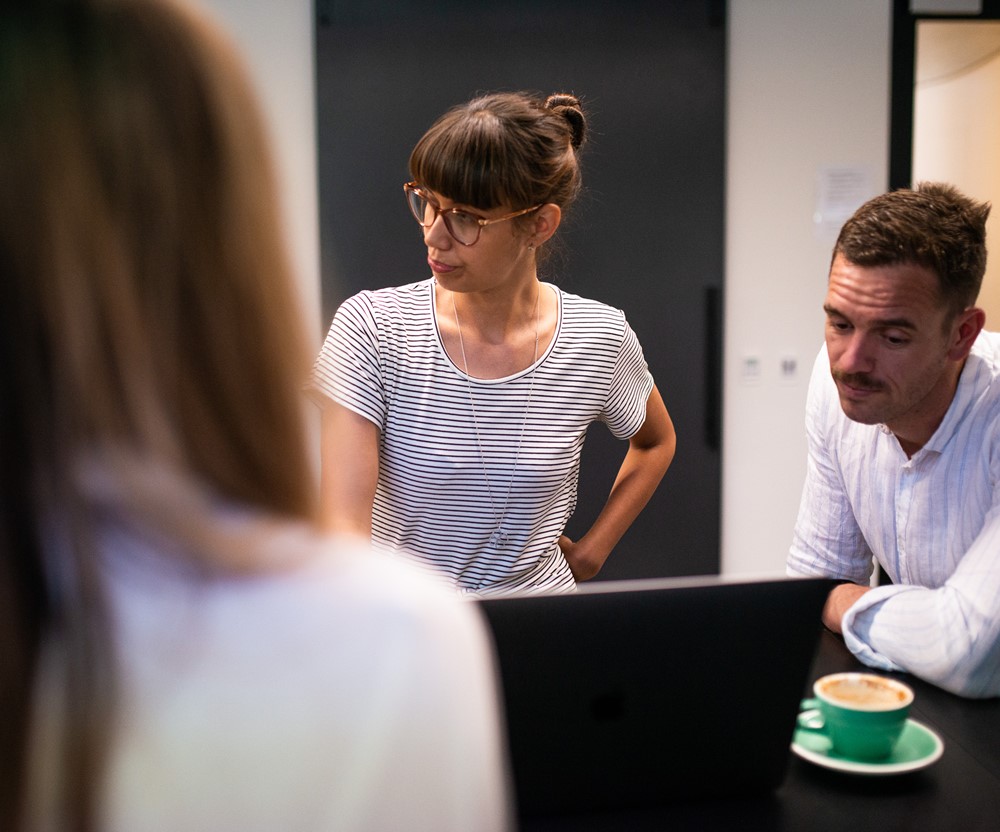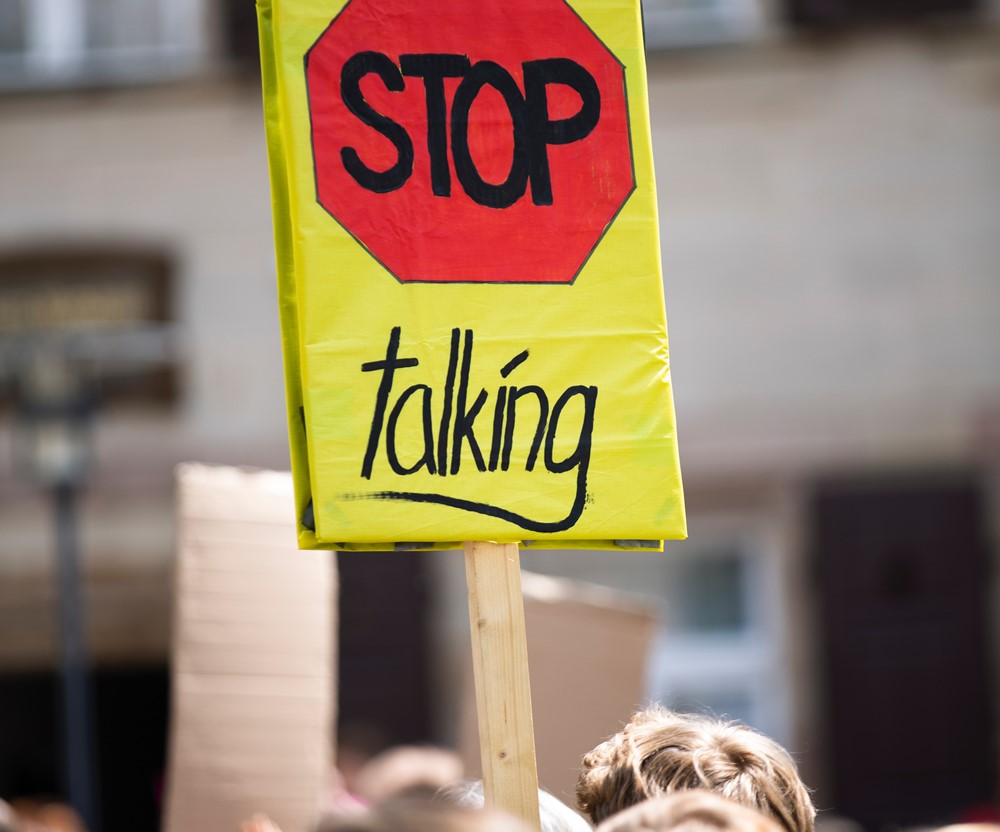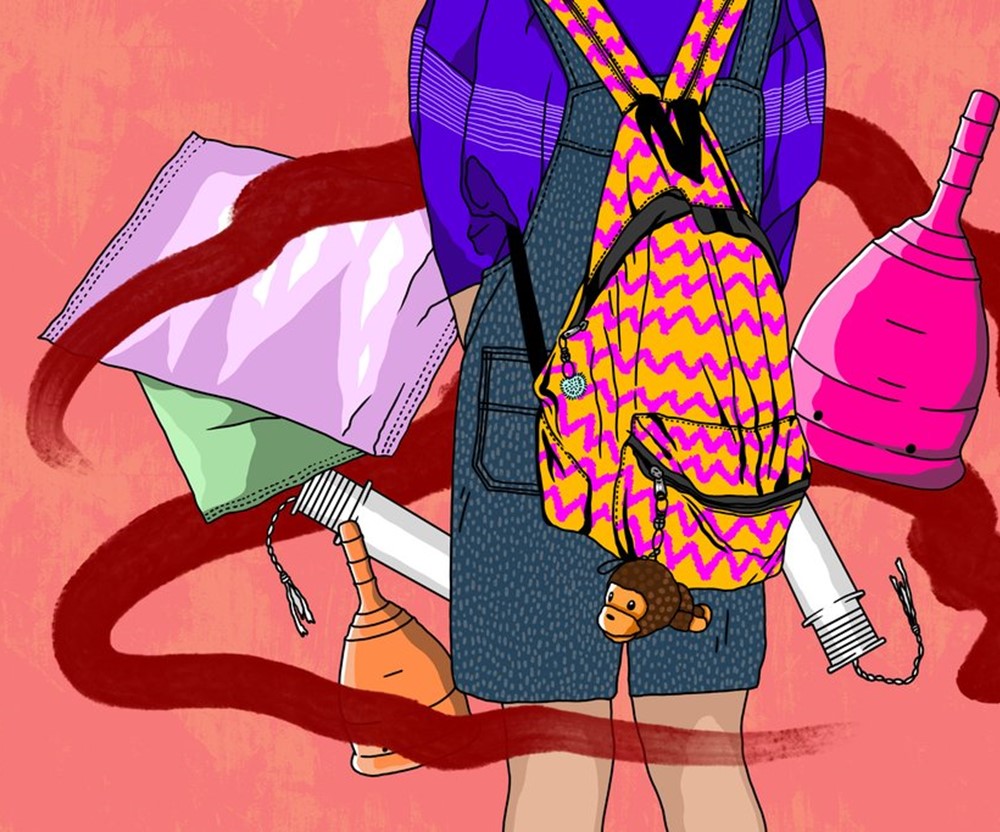
All students deserve free access to menstrual products
Period Poverty: Why the Budget increase of funding doesn't go far enough
Categories
- Thought Leadership
At a cross-party breakfast held at Parliament late last year, Minister for Women Julie-Ann Genter was presented with a 3,000-signature strong petition calling for period products to be provided to young women free of charge. Accepting the petition, Genter hinted that new policy around free access to period products was on the horizon in Budget 2020. With this, the Government had the perfect opportunity to make a bold statement to show that true to their values of being “kind” that they were committed to decreasing inequities and to gender equality.
Buried deep amongst the Budget documents in the Education and Workforce Sector - Estimates 2020/21 is mention of “funding for access to sanitary products in schools and kura ($1.954 million increase)”. This is surely a cause for celebration and everyone involved with the Positive Periods campaign should be applauded. But, if we look a little closer, it’s a small victory.
In 2019, Dignity NZ launched the Positive Periods campaign. Aside from the petition, they collected relevant data and produced discussion papers and set of costings for supplying menstrual products and period education to all schools and educational institutes in Aotearoa. They discussed supply-chain options with KidsCan who currently supply menstrual products in many schools across NZ and talked product supply with local companies. They reached out to representatives from Scotland and England whose governments were the first countries in the world to fully find menstrual products in schools. The Positive Periods campaign produced a robust and comprehensive policy rationale for the Government to pick up and run with.
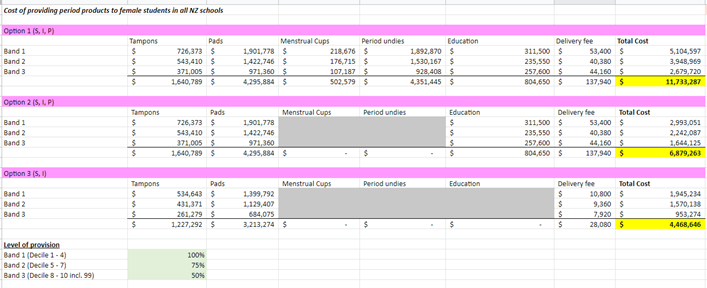
So let’s look at Scotland. With a similar population (5.4 million) and standard of living to NZ, Scotland was the first country in the world to offer its 395,000 students at schools, colleges and universities access to free menstrual products in 2018. The £5.2m (NZD$9.9m) scheme came about after research showed nearly one in four women at school or university experienced period poverty. In 2019, an extra £4m was rolled out to local Scottish authorities to widen the number and range of places free sanitary products are available. The Sanitary Products (Free Provision) (Scotland) Bill was officially lodged in April 2019 and ensures that free access to sanitary products in schools, colleges and universities is a legal requirement.
Results from a KidsCan survey in 2018 showed that almost a quarter of New Zealand women have experienced period poverty, mirroring the results in Scotland. According to the costings put together by Positive Periods (see here & here), if the NZ government was to go all in like Scotland (Option 3, supplying pads and tampons only), that total cost per year would be $5.6 million to supply 504,466 menstruating people with free menstrual products in their educational settings. The $2.2 million in the Budget falls well short of this universal coverage. We’re calling on the Ministry of Education to explain the rationale behind the figure and the details of the initiative. Which schools will benefit? Is it targeting only low decile schools? Will tertiary, primary and intermediate schools receive products or just high schools?
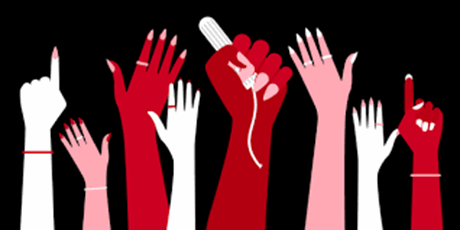
The Scottish Communities Secretary Aileen Campbell said when the scheme was launched: “In a society as rich as Scotland, no one should have to suffer the indignity of not having the means to meet their basic needs. We also want to continue to reduce the stigma and address the overarching gender equality and dignity issues that affect everyone who menstruates, regardless of their income.” Campbell hits the nail on the head here. It is simplistic to consider period poverty purely as a socio-economic issue that only affects “the poor”. Free access to menstrual products normalises periods and reduces anxiety associated with periods. All students deserve this.
I can hear the chorus of “it’s better than nothing”, that “these things take time”, and that "you bloody (ha! pun intended) feminists are never happy enough". But when the Racing industry gets a $75 million COVID bailout, it’s bitter pill to swallow and hard not to see this as a gendered issue.
You can download our full Insights report on Period Poverty in Aotearoa NZ here.
Read more like this


